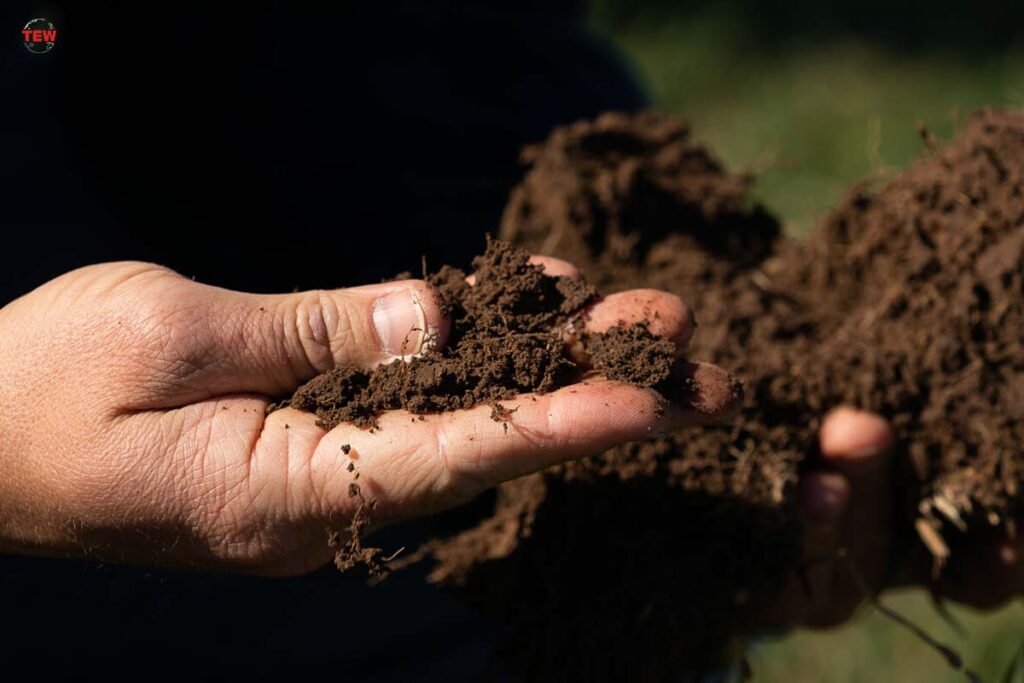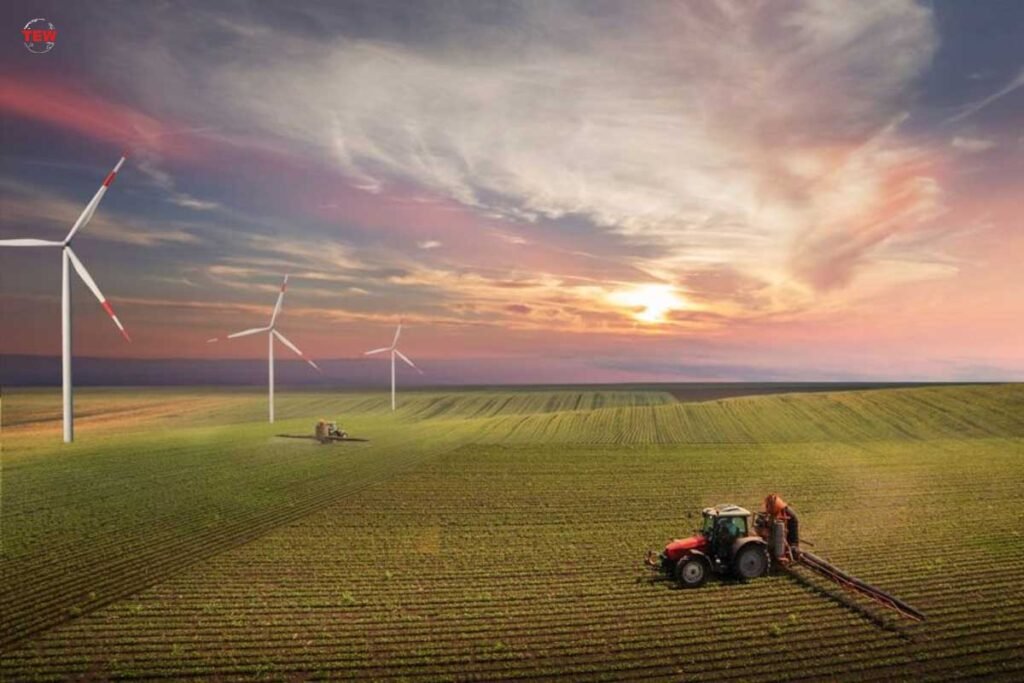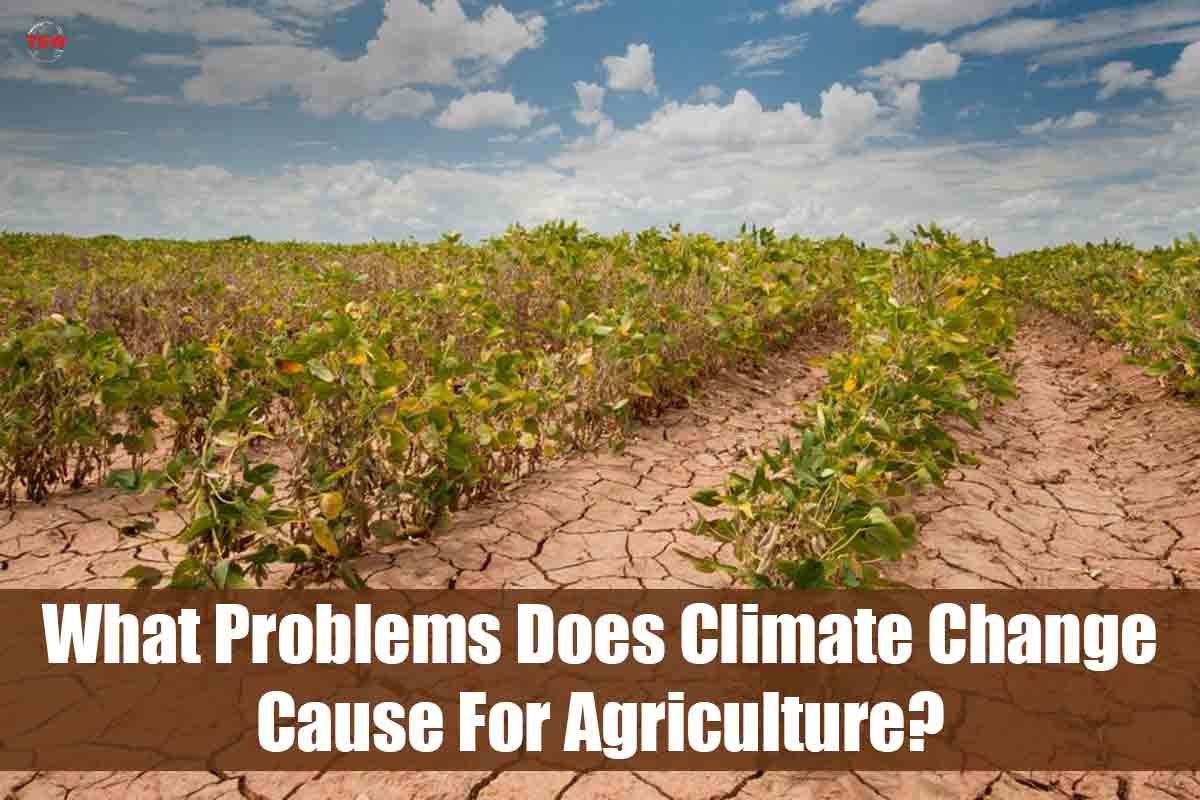Changing diets and population growth are the main causes of food demand increase. However, Climate change impact on Agriculture, falling yields in many parts of the world, deteriorating soil health, and depleting natural resources create many barriers to sustainable agricultural production. Data for 2020 indicated that around 700 million people were hungry worldwide. However, the problem of food security in the future may become even more acute since, according to forecasts, by 2050, the world’s population will be about 9 billion.
Climate change impact on Agriculture exacerbates the problems of industry. Rising temperatures, pest infestations, and increasing cases of natural disasters negatively impact industry productivity. It also causes a decrease in the nutritional value of foods. Farmers need methods to adapt to keep yields at acceptable levels to meet demand.
However, the problem works in the opposite direction, since agricultural production generates large volumes of GHG. Moreover, part of the products produced globally is lost or thrown away. Combating food loss and waste is vital to achieving climate goals and reducing environmental pressure.
Major Consequences of Climate change impact on Agriculture ;
1. Challenges to water and soil health
According to scientists, the hydrological cycle largely depends on climatic conditions. Climate change effects on agriculture affect surface runoff, groundwater, precipitation, temperature, evapotranspiration, and river flow. The instability of the climate is causing an increase in both droughts and floods. Subsequently, these phenomena reduce the availability of water resources and soil.

The nitrogen, carbon, and hydrological cycles determine climate and soil relationship. Temperature changes affect the processes occurring in the ground and affect its properties. The nature of precipitation impacts is also changing. Water management can help to adapt and minimize negative interactions. These effects have been proven by experts using a stormwater sampler.
2. Field productivity impact
Climate change impact on Agriculture also extends to field productivity. This influence extends both to the potential yield and to the actual one. Through plant breeding and adjusting planting dates, potential yields can be increased. In addition, it is possible to reduce the difference between potential and actual yield through fertilizers, pest and disease control, irrigation management, crop rotation, and more sustainable farming practices.
For optimal development, crops need several conditions. If the water supply is not optimal during the growth process, growth may be stunted, and yields will be reduced. Yield depression can also occur following excessive moisture or drought. For example, one of the main consequences of insufficient water supply is the reduction of photosynthesis.

Dry soil can cause a delay in the emergence of seedlings in the spring. With excessive moisture, plants experience a lack of oxygen. With the insufficient exchange of oxygen and CO2, the root system of plants may die.
3. Climate-related issues of agricultural workers and livestock
Climate change impact on Agriculture effects, including rising temperatures and severe weather conditions, also pose health risks to agricultural workers. In addition, subsequent increases in pesticides applied for pest control also hurt air quality and human health. The lack of access to medical care additionally exacerbates the risks.
Heat and humidity also negatively affect the health and productivity of animals and, as a result, livestock products. Drought threatens pastures and forage, reducing their quality and available quantity. It leads to reduced yields, negatively affecting the ability to feed animals that depend on grain. In addition, Climate change impact on Agriculture leads to an increase in the number of parasites and diseases. Warm winters and early springs make it easy for some pathogens and parasites to survive. Moisture-dependent pathogens may spread more in areas where rainfall increases.
4. Global effect
Climate change impact on Agriculture and farming are inextricably connected. They also significantly influence each other. Due to Climate change impact on Agriculture, global food security may be threatened by limited access and worsening of food quality. Unstable weather and severe conditions also harm food supply chains, leading to higher prices.

Global food security may be affected by Climate change impact on Agriculture and population growth. It is dangerous because developing countries may find it challenging to adapt and implement alternative farming and pastoral practices. Any disturbances in the transportation or distribution of farming products at the regional and international levels affect the population’s access to food.
The 2012 drought in the United States severely damaged the Midwest’s main transcontinental agricultural shipping route, the Mississippi River watershed. It resulted in economic and food losses. Addressing the issue of global supply security is critical, as lack of access to food has many negative consequences, including rising food prices, humanitarian crises, and threats to national security.




